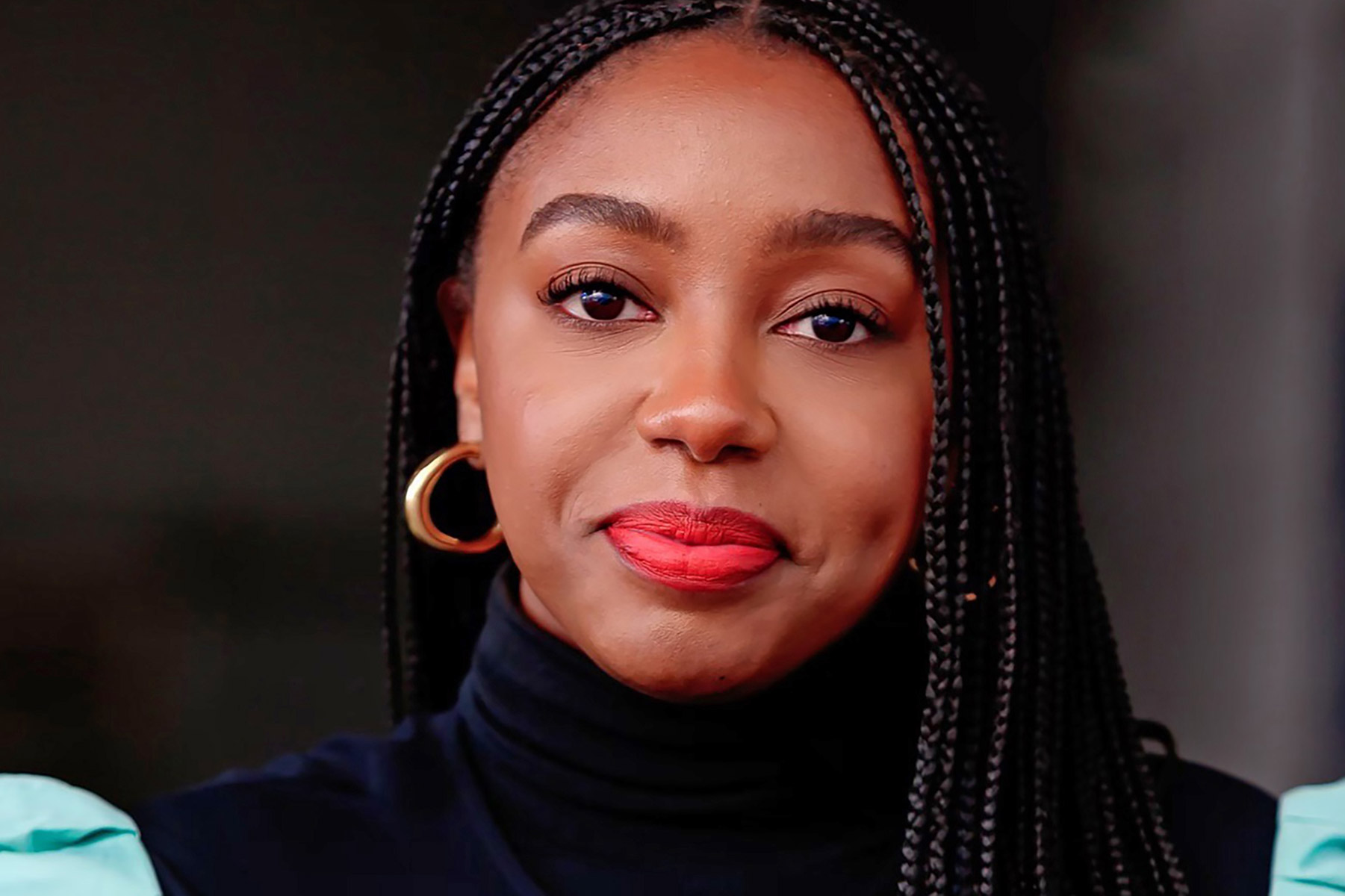ALANA Keynote: Working Towards a More Inclusive Fashion Industry
ALANA Keynote: Working Towards a More Inclusive Fashion Industry
New York Magazine editor Lindsay Peoples Wagner overcame some formidable obstacles before she made her mark in the world of beauty and fashion journalism. And now that she’s become an influential voice, she’s using that platform to hold those in the industry accountable for decisions they make about ensuring that diversity and inclusion are a part of their brands. That was the message Wagner delivered as keynote speaker for the ALANA Center’s observation of Black History Month, co-hosted by the Black Students’ Union. More than 150 members of the Vassar community viewed Wagner’s address via webinar on February 15.

Lindsay Peoples Wagner, editor of The Cut, New York Magazine’s style and culture site.
Photo: Courtesy of Lindsay Peoples WagnerOne of the nation’s rare Black female editors-in-chief and a Forbes 30-Under-30 honoree, Wagner recently returned to The Cut, New York Magazine’s style and culture site, after two years as editor of Teen Vogue. “As an industry,” she said, “we cannot continue to claim that we are progressive if we are not working to force diversity and inclusion in corporate structures while rectifying systemically racist policies that have permeated our industry for hundreds of years.”
Wagner said she and some colleagues in the industry ramped up their efforts to call for more equity in the industry following the murder of George Floyd last year. She said that while many in the fashion and beauty business pay lip service to inclusion, those words are not often supported by results. “They may say something on Martin Luther King Day, but they’re not running their companies that way the other 364 days of the year,” she said. “A lot of people said, ‘Let’s stand with Black Lives Matter,’ but they’re not matching that with performance and action.”
Wagner said she and others in the industry are trying to change that behavior by spotlighting the achievements, and failures, in the industry through an organization she founded called the Black in Fashion Council. Wagner said she helped to found the organization because she was discouraged by lack of significant change. “Brands are more open to hiring new people, but the industry is lazy,” she said. “They’ll say ‘We found a Black photographer, so OK, we’ll use just this one person.’ Diversity doesn’t ensure inclusion if those people don’t get promoted and paid equitably.”
Asked during the question-and-answer session what advice she had for young people hoping to break into the fashion industry, Wagner said there is no substitute for hard work and perseverance. “I want you to be hungry for the work,” she said. “I didn’t do my internships in the biggest places but I worked hard, and being really hungry changes the game.”
Two members of the Black Students’ Union who viewed the webinar said they were energized by Wagner’s words. “What inspired me the most was her saying ‘I don’t chase culture, I make culture,’” said Chelsea Quayenortey ’22, an economics and French and Francophone studies double major from Hempstead, NY. “As Black women, we often make, design, wear, influence culture and trends, but do not receive credit for it. She has been able to center Black women and allow us to attain some of the well-deserved recognition for our contributions.”
BSU Historian Kiah Matherson ’22 said she appreciated Wagner’s allusion to the lack of knowledge in the fashion industry about the specific needs of Black women. “What resonated the most with me is the lack of diversity in fashion and how it is treated as acceptable to exclude women of color, especially Black women,” Matherson said. “When she spoke about fashion magazines not having any knowledge about Black hair or tips and information for darker people, it was something I already knew and understood as a dark-skinned Black woman, but I appreciated that she acknowledged that the lack of appeal to Black women is not the fault of Black women but exclusionary practices in fashion.”
ALANA Center Director Kevin Collins said Wagner’s talk struck some important chords with many in the Vassar community. “It was incumbent on us to bring someone who could speak to the current moment we are in, with specificity on how to hold organizations accountable to their word -- not only standing in support and solidarity in word but most importantly, in their deed,” Collins said. “Lindsay coupled that with also uplifting and encouraging our students, especially our Black students to be methodical and not leave their values at the door, but to infuse them into their work. We made the perfect choice, and I am so glad she was able to join us for our keynote this year.”